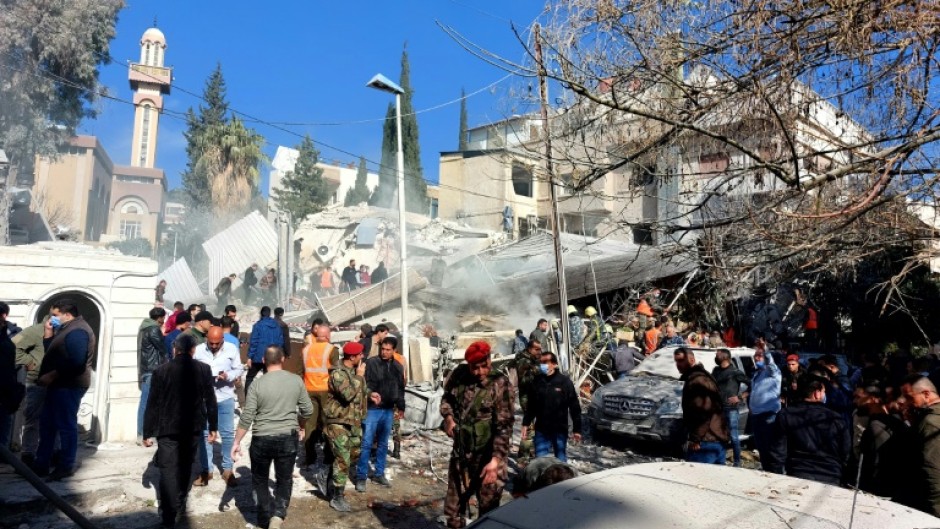GAZA - Health officials in the Hamas-run Gaza Strip on Saturday reported a surging death toll in fighting with Israel, whose leader Benjamin Netanyahu rejected calls for "Palestinian sovereignty" after the war.
WATCH: Power to Truth | Israel-Palestine war | 16 January 2024
As fighting raged across the besieged territory, a strike in Syria blamed on Israel and missiles fired at US-led coalition forces in Iraq raised further fears of a wider conflagration.
Gaza's health ministry reported at least 165 people killed over the previous 24 hours -- more than double Friday's figure.
An AFP correspondent reported gunfire, air strikes and tank shelling, especially in southern Gaza's Khan Yunis city.
Israel is pressing its push southwards against Hamas, after the army in early January said the militants' command structure in northern Gaza had been dismantled, leaving only isolated fighters.
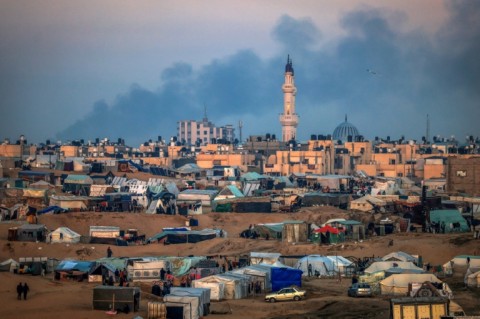
But Hamas reported fierce combat in north Gaza as Israel's military said troops backed by air and naval support were striking militant infrastructure throughout the Palestinian territory, including the north.
Israel has vowed to destroy Hamas in response to the Palestinian group's unprecedented October attacks which resulted in the deaths of about 1,140 people, mostly civilians, according to an AFP tally based on official Israeli figures.
Israel's relentless bombardment and ground offensive have killed at least 24,927 people in Gaza, mostly women and children, according to the Hamas government's health ministry.
- 'Retain control' -
The United States, which provides Israel with billions of dollars in military aid, has urged it to take more care to protect civilians, and the two sides have disagreed over Gaza's future governance.
Israeli Prime Minister Benjamin Netanyahu and US President Joe Biden Friday discussed the post-war future of Gaza amid a dire humanitarian situation.
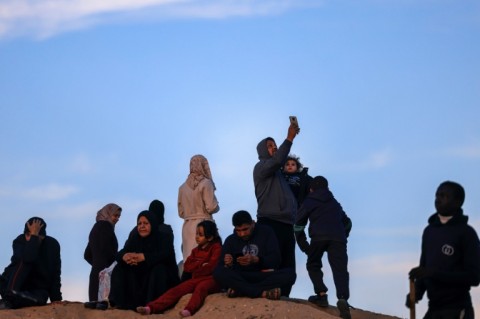
Biden said it was still possible Netanyahu could agree to some form of Palestinian state, after the two leaders spoke for the first time in nearly a month.
But Netanyahu's office in a statement Saturday said he "reiterated his policy that after Hamas is destroyed Israel must retain security control over Gaza to ensure that Gaza will no longer pose a threat to Israel, a requirement that contradicts the demand for Palestinian sovereignty".
The UN's UNRWA agency for Palestinian refugees says about 1.7 million people have been displaced in Gaza by the war.
About one million are crowded into the Rafah area in the far south, near Egypt.
UN agencies have warned better aid access -- including through Israel's Ashdod port -- is needed urgently as famine and disease loom.
After Friday's Biden-Netanyahu call, the White House said Israel would allow flour shipments for Palestinians through Ashdod.
- Spy chief -
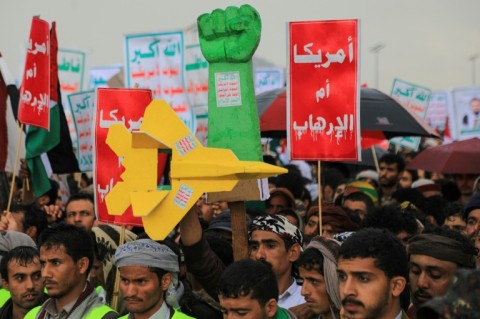
The war in Gaza has sent regional tensions soaring, with a surge in violence involving Iran-backed Hamas allies.
Iranian media said an Israeli strike on Damascus killed the Revolutionary Guards' spy chief for Syria and four other Guards members, with Tehran's foreign ministry threatening retaliation "at the appropriate time and place".
The Guards later confirmed five fatalities among its ranks.
The Syrian Observatory for Human Rights war monitor said the strike claimed 10 lives.
Israel, which has declined to comment on the Damascus strike, has intensified attacks on targets in Syria since the Israel-Hamas war began on October 7.
In Gaza, the UN humanitarian agency OCHA reported only 15 bakeries were operating across the narrow territory.
Water availability for drinking and domestic use "is shrinking every day", OCHA added.
It also said that without immediate funding and an expanded response, 375,000 malnourished children and vulnerable mothers risk severe undernourishment.
- Torture fears -
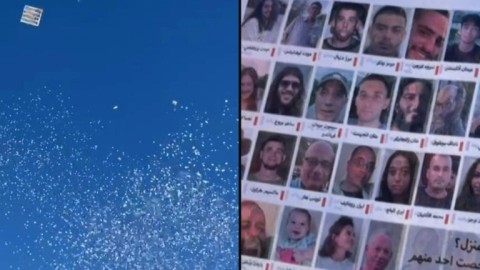
Israel's military said individuals suspected of involvement in "terrorist activities" were being treated in accordance with international law.
During the October attacks militants seized about 250 hostages, around 132 of whom Israel says remain in Gaza. At least 27 captives are believed to have been killed, according to an AFP tally based on Israeli figures.
Violence has also surged in the occupied West Bank, where Israeli troops and settlers have killed more than 360 people since October 7, according to the Ramallah-based Palestinian health ministry.
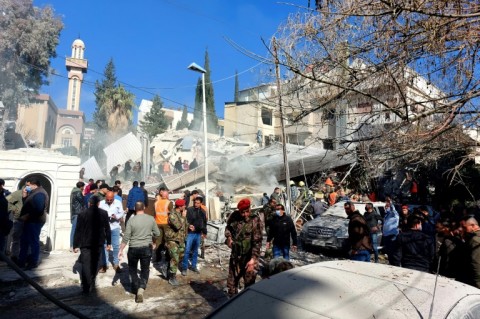
Deadly exchanges have occurred regularly between Israeli forces and Lebanon's Iran-backed Hezbollah movement, whose deputy leader Naim Qassem has urged Israel not "to expand its aggression".
In western Iraq, a military base used by US-led coalition forces came under a barrage of missiles, a US defence source and an Iraqi police official told AFP.
Since mid-October, there have been dozens of attacks on US and coalition forces in Iraq and Syria, the majority of them claimed by Tehran-aligned groups that oppose US support for Israel.
By Adel Zaanoun With Anne-sophie Labadie In Jerusalem

